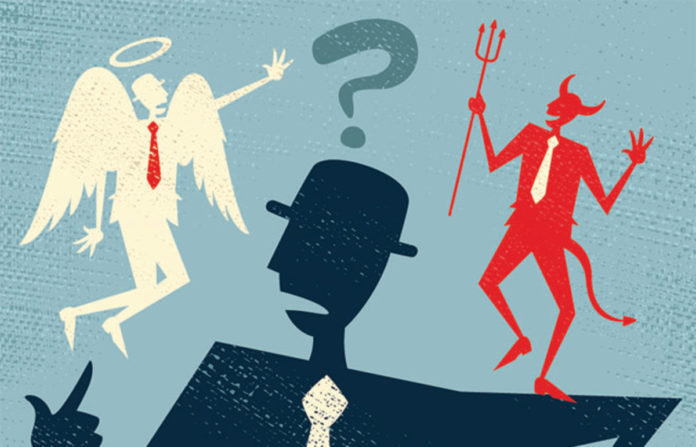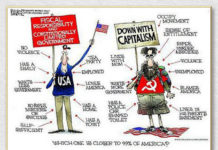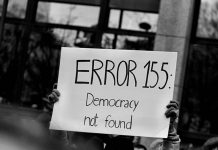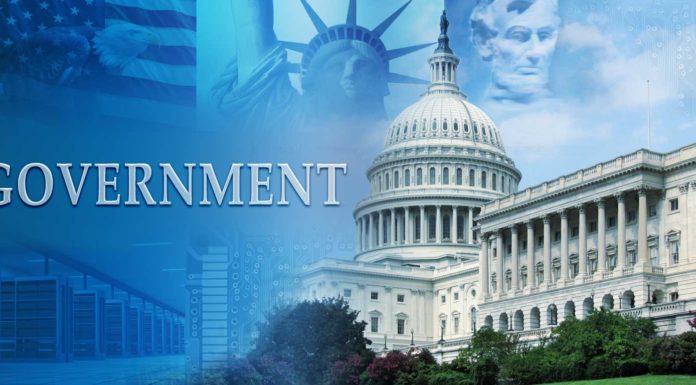We have lost our way. At some point, we have blurred the lines between good and evil. We are now at a place where destructive rioters (not protesters) are somehow ‘good’, and rank-and-file policemen are somehow ‘bad’. We now support Socialism and denigrate Capitalism. CEOs of companies are now frequently viewed as villains, and folks drawing Welfare checks are now heroes. Some cultures celebrate ‘baby-daddies’, regardless of how difficult the life path is for those children. Celibacy is ‘nerdy’, and looked down upon. Traditional morality is frowned upon, and the ‘gangster’ life is a ‘cool thing’. How did we get to this crazy place?
Note: the following statements are opinion—my opinion. They are based upon observation only—no polling was performed, nor did I consult anyone else to form these views. They are coming from a decidedly Conservative viewpoint, so the farther you are from that viewpoint, the more likely you are to disagree with them. I expect nothing less.
In US history, there has almost always been a foreign conflict, or the threat of a foreign conflict. From the Revolutionary War, to the War of 1812, to the Civil War, to the Spanish-American War, to World War I, to World War II, to the Korean War, to the Vietnam War, with the Cold War sprinkled in-between. Being drafted to support your country doesn’t always breed patriotism, but it works that way for many. Fighting FOR something, especially with folks in their early twenties, matures one’s point of view. But a funny thing happened at the end of the Vietnam conflict: the end of the military draft. And that was 1975—45 years ago! Yes, we’ve had skirmishes since then, including both Gulf Wars, plus Afghanistan, but not a draft. It was very easy for the majority of the country to simply forget our military was at work. So, the natural trend toward mass patriotism may have faded a bit. It re-emerged after 9/11, but did not last long. Domestically, we have had nearly 40 years without an existential threat to the US. An argument can be made that, lacking conflict, we have lost our edge.
In this same time frame, we had the free-love attitudes of the 1960s. It was quite common to be anti-establishment. For maybe the first time, a large portion our youth was decidedly against the policies of the country as a whole. Coupled with our first TV War, the combination likely swayed governmental action. And the children born in the 1960s mish-mash of society? Many are our college professors of today. These folks have a tendency look at protests as something righteous—regardless of the reasons. And back in the 60s, they DID have a legitimate cause to support: Civil Rights.
But learning to hate Capitalism, police, and CEOs does not come naturally. Most reasonable people understand that Capitalism has raised more people out of poverty than any other system known to man. Most reasonable people still admire the police, aware of their necessity, and respect their work, and understand the dangers they take on as a routine part of the job. And many folks still look up to the success path of the CEO. Unfortunately, the current hatred for these institutions CAN be TAUGHT. This is where those 60s children-now-teachers come in. From K-12, all the way to post-graduate college, children and young adults are exposed to anti-Americanism, anti-Capitalism, and victimology in academia. Many can see thru it, and many are taught better via a strong family life, but others believe such things word-for-word. They can somehow overlook the fact that Marxism/Socialism/Communism has NEVER been successful for the common man—ever. They do not know what they want society to be, or how it should operate, they just know that they want to abandon whatever is holding us together now.
Another bad trend during these years: the Dr. Spock method of child rearing. Many children are taught from day 1 that winning and losing doesn’t matter. Self-esteem is elevated way past accomplishment. Everyone gets a trophy, for just showing up. Everyone is ‘special’. Note that NONE of these statements bear any resemblance to real life. In the real world, achievement is rewarded over sloth; having a better work ethic is usually beneficial to lifetime incomes; moral behavior is a positive (maybe there were good reasons to deem some behavior as negative). Planning long-term is a difficult path, but almost always works. But the Spock children are notoriously entitled: they see the things their parents worked decades for, and think they should happen for them instantly! After all, they are SPECIAL! They simply do not understand that today’s technology, coupled with the lack of a natural predator mentioned above, allows them to lead a lifestyle as foreign to their parents’ childhood as living on Mars. Cell phones, with data plans. Game consoles. Home computers, all with Internet. Name-brand clothing. New or nearly new cars at 16. Many are shielded from the workplace until their late 20s. The striving element of a few generations ago is simply gone for many young adults. Did we want better for our kids than we had it? Of course. But complete removal of the struggle does not prepare the young for adulthood. If someone else succeeds, like CEOs, they MUST have cheated to attain that success, right?
The end result of this combinations of influences? Portland, Seattle, New York, and many other cities are on fire. Mayors and Governors (also children of the 60s) are contemplating reducing or eliminating police forces, even at the hour of their greatest need. PC culture is convinced that if anyone is ‘offended’, everyone else must change THEIR behavior. A common thug dies during a police action, the entire country is angry, demanding change of some sort. Radicals take it upon themselves to destroy public and private property, including statues that celebrate historic figures—especially if those figures do not conform to modern-day societal mores. The overall coarsening of our culture– along with the destruction of the traditional, nuclear family–via movies, music, TV, games, and so on, may just be the first casualties of our society. I’m not sure where the trend line goes, but if it remains uncorrected, it seems headed for anarchy. I hope I’m wrong.
Welcome!Log into your account




















